Palestinian Civil Society: What Went Wrong?
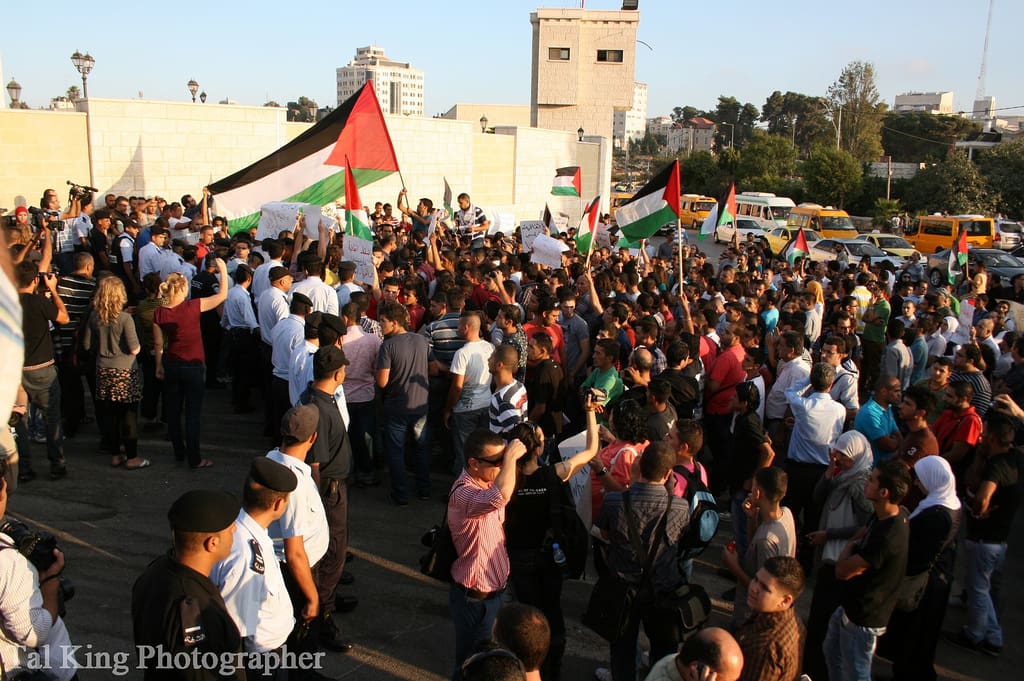
Palestinians under Israeli occupation led the civil resistance that culminated in the First Intifada of the 1980s. By the mid-1990s, much of civil society was “NGO-ized” draining the Palestinian national movement of leadership. Al-Shabaka Policy Member Tariq Dana examines the shift in organizational agendas and tactics and recommends ways to reverse course.
Beyond South Africa: Understanding Israeli Apartheid
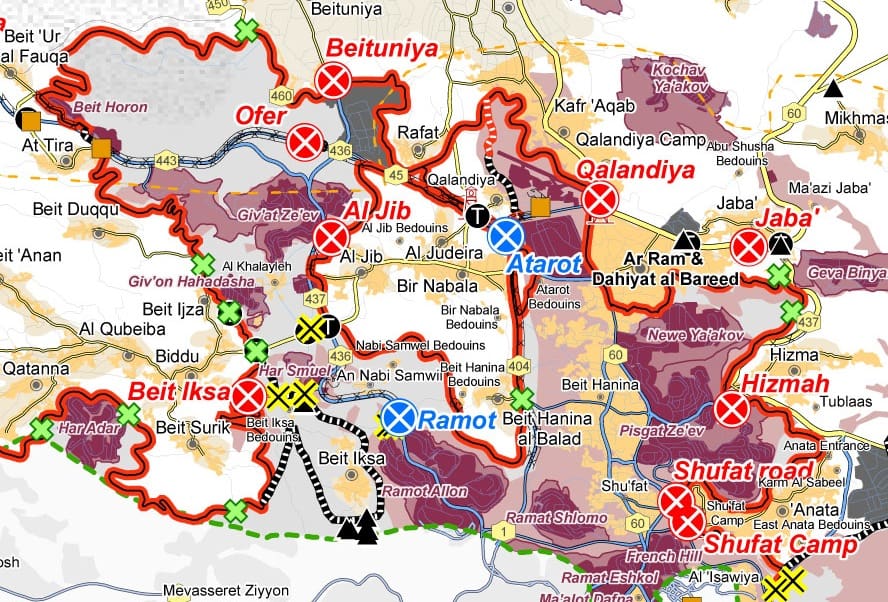
Israeli apartheid is often compared to South Africa’s but Al-Shabaka Policy Advisor Samer Abdelnour argues that it is a unique brand with specific characteristics. He identifies three inter-locking dimensions of Israeli apartheid – physical, architecture, and ideological – concluding that it is far more sophisticated than the South African brand and suggesting directions for thinking and action to successfully dismantle it.
“Who are You?”: The PLO and the Limits of Representation
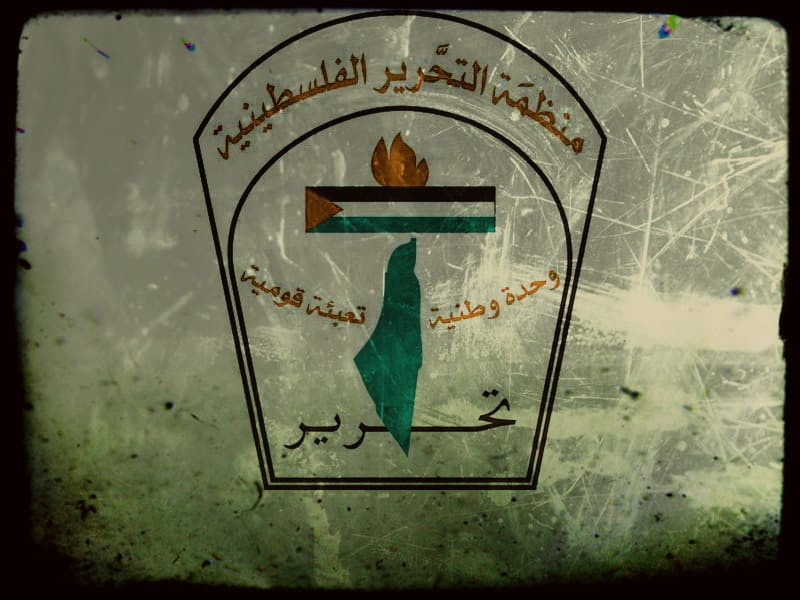
Is the Palestine Liberation Organization still the “sole, legitimate representative of the Palestinian people”? In this thought provoking policy brief, Al-Shabaka policy advisor Osamah Khalil argues that attempts to reform the organization will not make it more representative or accountable, but will instead save a leadership that has lost its legitimacy. He asserts that a new representative body must be built in order to achieve Palestinian rights.
The Missing Narratives in Palestinian Schoolbooks
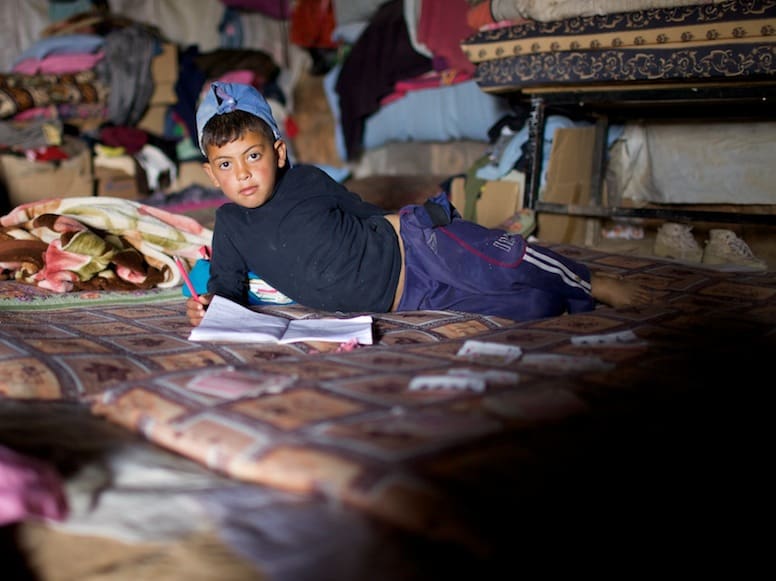
The highly politicized Israeli and Western scrutiny of Palestinian textbooks has seemingly led the Palestinian Authority to opt for a cursory discussion of the Nakba. Al-Shabaka policy member Zarefa Ali urges that refugee testimonies be incorporated into the curriculum and that it be overhauled to present the historical, critical and literary dimensions of the Nakba. Otherwise, she warns, the Palestinians risk raising entire generations ignorant of their own history.
How to Reclaim the Palestinian Narrative
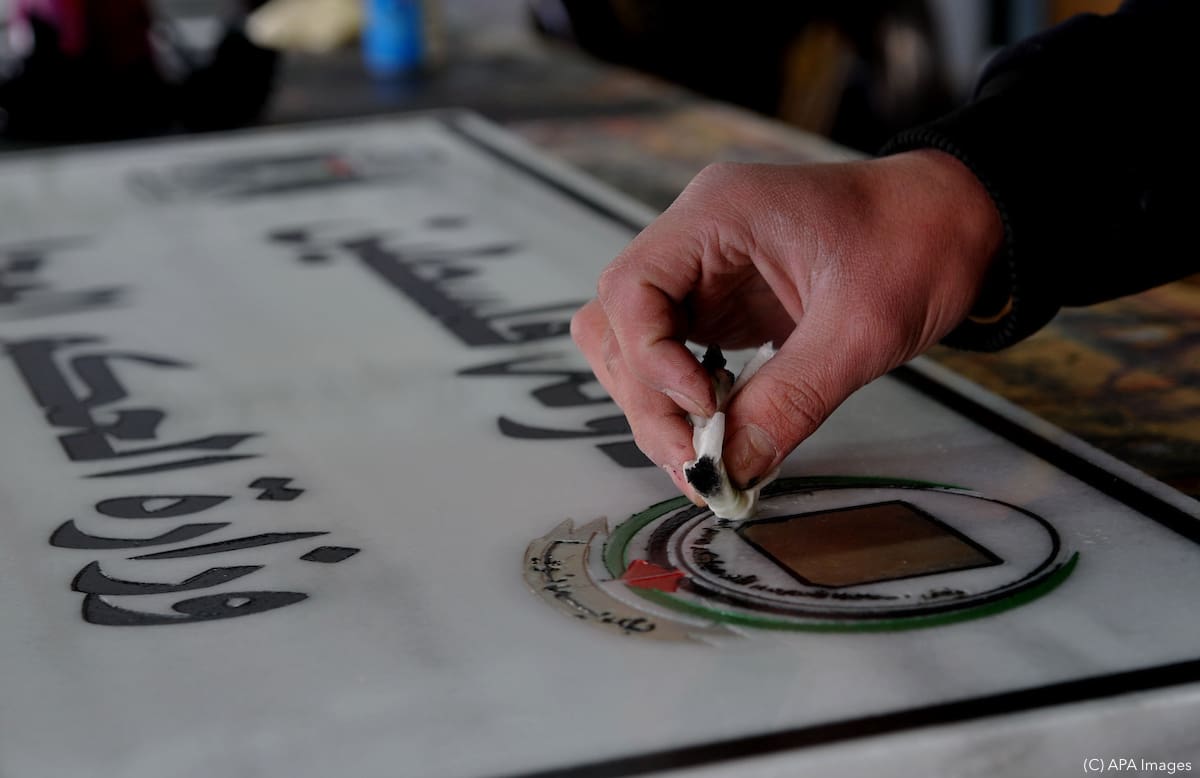
Which comes first: shifting the balance of power or reclaiming the Palestinian narrative? Does the Palestinian Authority education system undermine the Palestinian story? Is there a place for the Israeli in the Palestinian narrative? How badly has the hegemonic narrative on Israel in the U.S. been shaken? These questions and more are thrashed out in this provocative Al-Shabaka roundtable.
PA Industrial Zones: Cementing Statehood or Occupation?
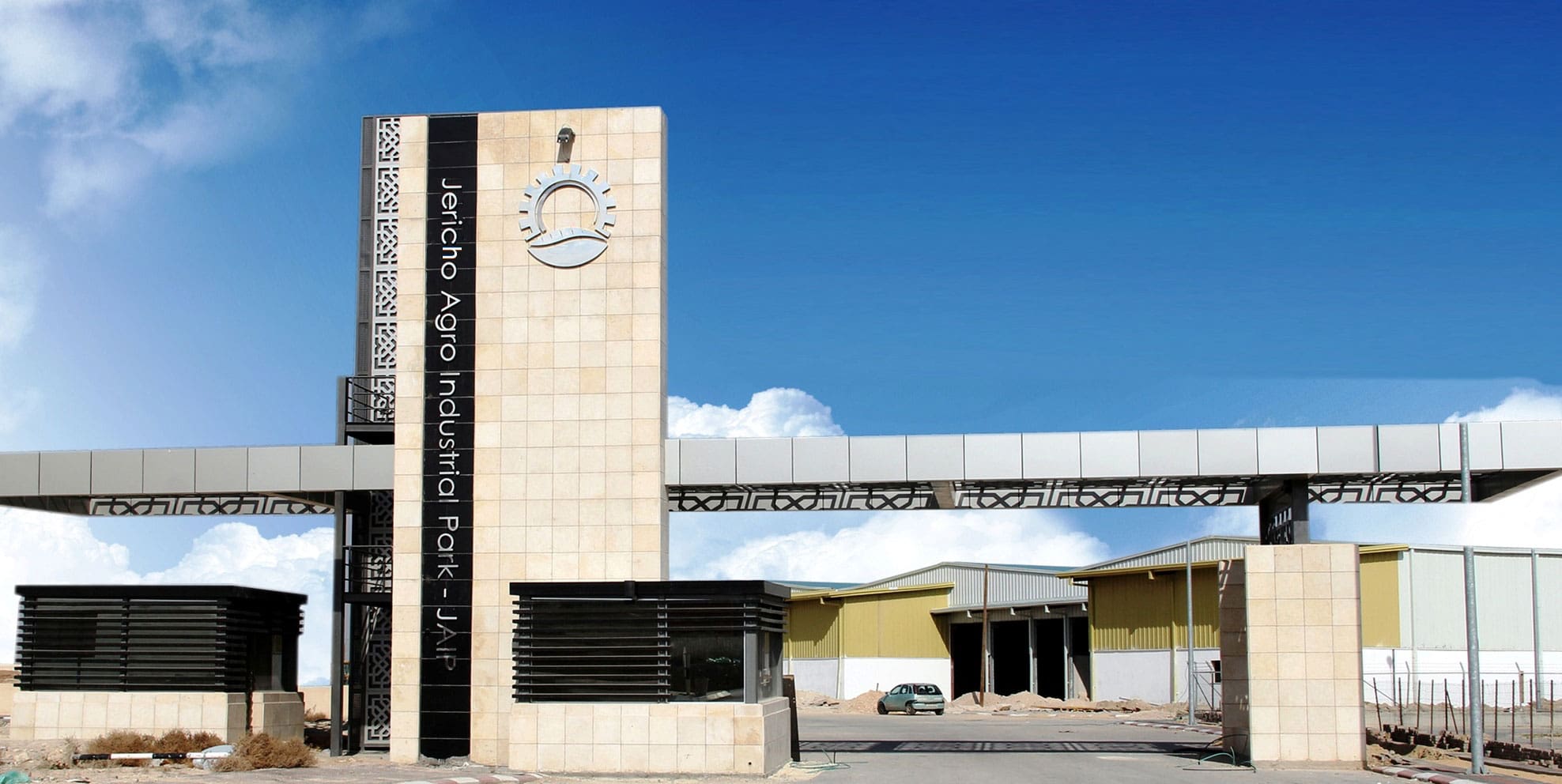
Industrial zones are criticized in the Arab region and beyond. The problem is much worse in the occupied Palestinian territory because the zones help Israel “normalize” its occupation, as Al-Shabaka Programme Director Alaa Tartir sets out in this trenchant commentary. He calls on the Palestinian youth movement and civil society to use the issue in a call for a completely different approach to development under occupation.
Unfreezing the Right of Return: First Stop, Gaza
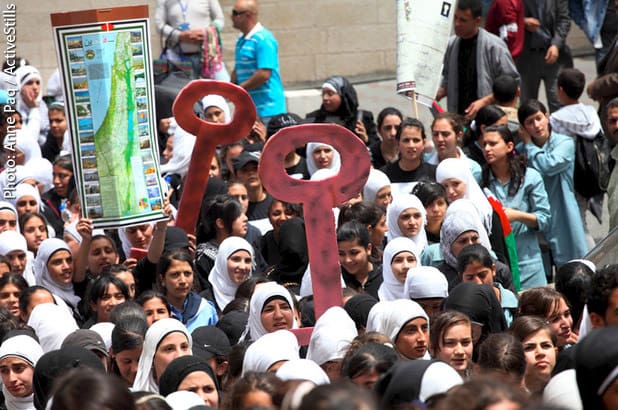
For decades, Palestinian victims of Israel’s forced displacement policies in the Gaza Strip have been seeking redress. Al-Shabaka Policy Advisor Munir Nuseibah argues that the authorities in Gaza, Ramallah and Egypt have a legal obligation to immediately facilitate the return of those who want to do so, without in any way letting Israel off the hook. He describes how it can be done, and addresses the political and practical pitfalls.
Reclaiming the Palestinian Narrative
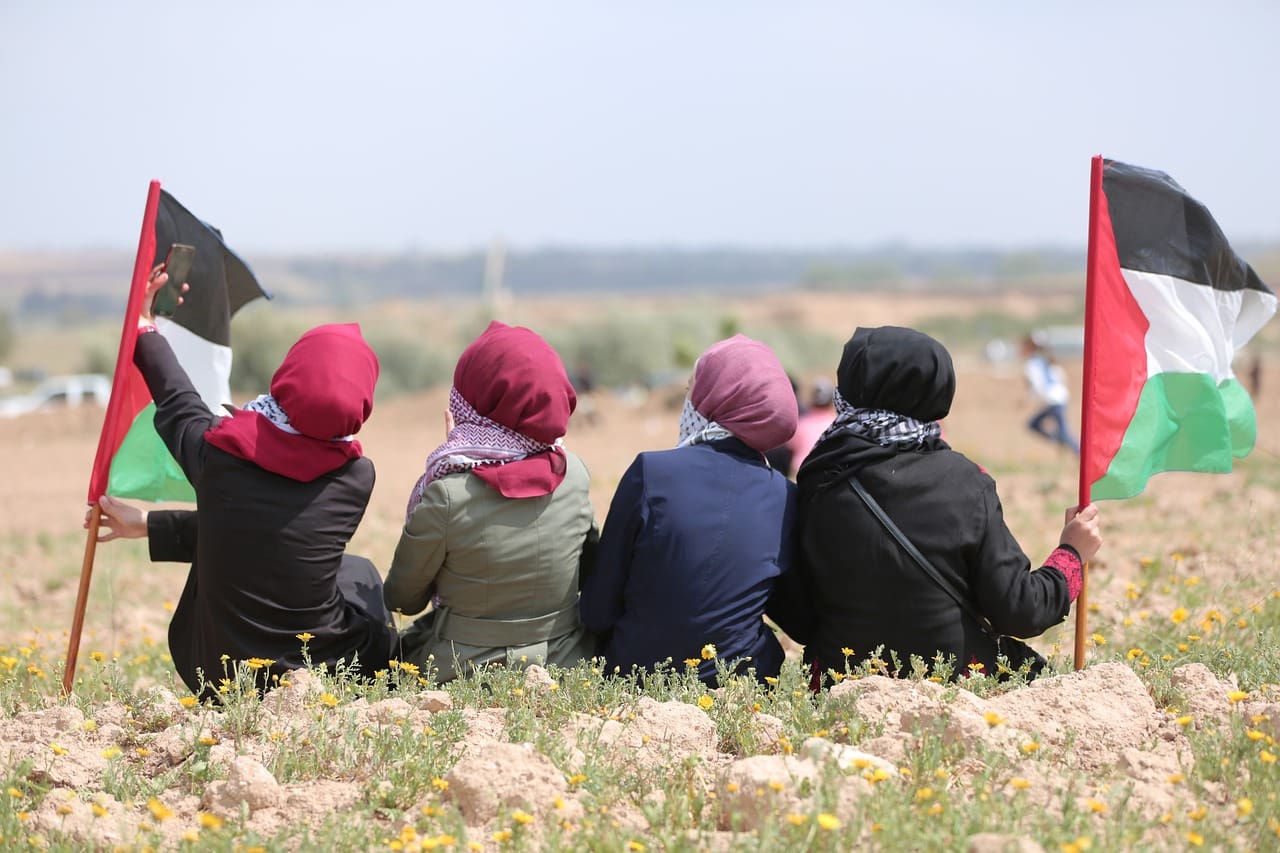
Will the Palestinians be written out of history? There is a serious danger that this may happen, writes Al-Shabaka Policy Advisor Jamil Hilal, who identifies five major misrepresentations of Palestinian history, geography and identity in the dominant discourse. He also discusses how Palestinians and their supporters must take hold of the way their story is told and reclaim their narrative.
Will the New Palestinians End Security Coordination?
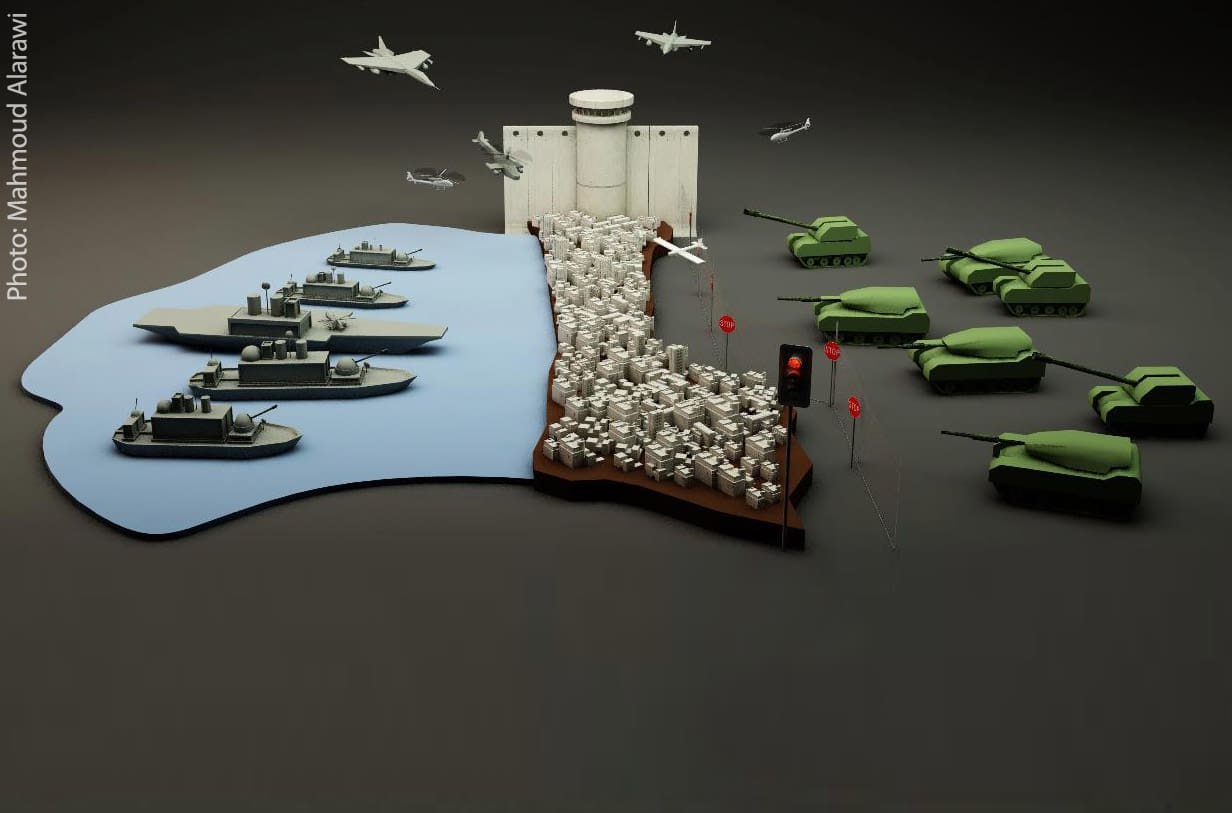
Most Palestinians saw Hamas’ steadfastness and ability to hit back during Israel’s November attack as a victory. But will they put it to good use, asks Al-Shabaka Policy Advisor Haidar Eid, by ending Palestinian security cooperation with Israel – an opportunity missed after Israel’s 2008-09 operation? He argues that no real reconciliation amongst Palestinian factions is possible in the shadow of such collaboration.






